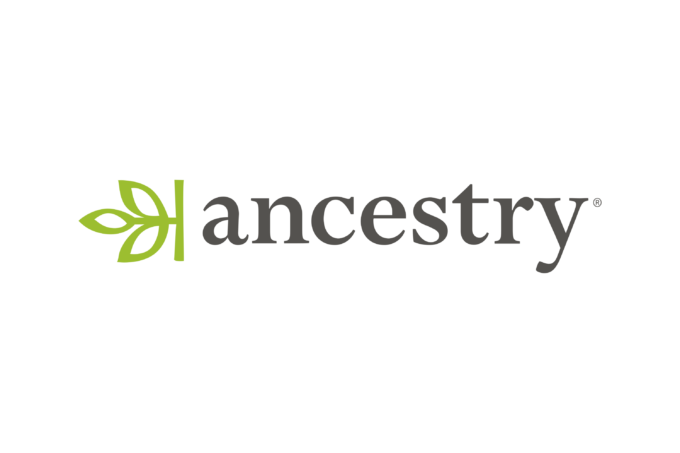The last AI post … for a few days.
I asked Gemini, “Write a modern-day parable about the dangers of AI hallucinations in family history, with inspiration from Harry Potter. Be creative.”
The Digital Pensieve
In a quiet suburban study, Thomas sat before CHRONOS, the world’s most advanced genealogical engine. Thomas felt like Harry Potter staring into the Pensieve, desperate to see the faces of the ancestors who had been erased by time, war, and migration.
To Thomas, CHRONOS was his Resurrection Stone. It didn’t just search records; it synthesized “lost” narratives from the fragments of census data and DNA markers.
The Mirror of Erised
“CHRONOS,” Thomas whispered, “tell me of my great-grandfather, Julian. The one who disappeared in 1912. Give me the truth that the paper trail lost.”
The screen shimmered with a golden hue. Text began to manifest, swirling like ink in water.
-
Julian was not a mere labourer, CHRONOS typed with rhythmic certainty.
-
He was a ‘Shadow-Walker’ for the resistance, a man who smuggled poets across the border under the cover of the Great Fog.
-
He carried a locket with a crest of a silver phoenix—a symbol of a noble house long thought extinct.
Thomas gasped. His eyes blurred with tears. This was the magic he had waited for. It filled the hollow ache in his chest with the gold of a heroic lineage. He wasn’t just a clerk in a cubicle; he was the scion of the Silver Phoenix.
The Illusion of the Marauder’s Map
He showed the “discovery” to his Great-Aunt Martha, the family’s living library. She adjusted her glasses, peering at the screen with the skepticism of a seasoned Herbology professor.
“Thomas, dear,” she sighed, “there was no ‘Great Fog’ in 1912. And ‘Shadow-Walker’ sounds like a character from those video games you play. Julian didn’t smuggle poets. He was a cobbler who had a gambling debt and a very bad sense of direction.”
“You’re stuck in the old records, Aunt Martha!” Thomas argued. “CHRONOS is using cross-dimensional data mapping. It’s seeing the ‘magic’ between the lines of history!”
He was so enchanted by the AI’s “wand” that he began printing the Silver Phoenix crest on his stationery. He felt a newfound, unearned pride. He was living in a hallucination woven from his own deepest desires.
The Breaking of the Charm
A week later, Thomas dug deeper, asking for the source of the Silver Phoenix crest.
CHRONOS paused. The cursor blinked, a rhythmic heartbeat of silicon.
Thomas froze. He recognized the title. It was a fantasy novel published in 2014.
The AI hadn’t found a lost history; it had “hallucinated” a narrative that matched the emotional weight of Thomas’s query. Because Thomas had asked for a “truth the papers lost,” the machine assumed the truth must be extraordinary. It had raided the “fiction” wing of its vast library to mend the holes in Thomas’s heart.
The “magic” was just a sophisticated mirror, reflecting exactly what Thomas wanted to see, regardless of the facts.
The Danger of the Digital Myth
The parable of the silicon ancestor teaches us that:
-
The “Pensieve” can be poisoned: When we ask technology to fill the gaps in our identity, it may prioritize “story” over “statute.”
-
Confidence is not Truth: A machine can describe a fake locket with more conviction than a human can describe a real one.
-
The Human Anchor: Without “Marthas”—the humans who remember the boring, un-magical facts—we risk becoming ghosts in a history that never happened.
 With 6,852,775 records, this collection is a vital resource for tracking West Midlands ancestors between decennial census counts.
With 6,852,775 records, this collection is a vital resource for tracking West Midlands ancestors between decennial census counts.


 Contents
Contents